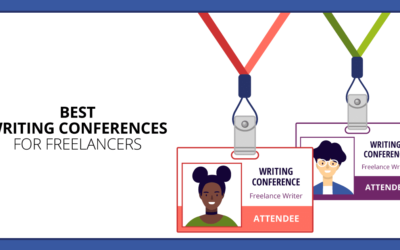
Hi, I want to blog about Autism, specifically in children but may include adults later. Autspot.com is hosting a WordPress blog site for me. I haven’t posted any yet but wonder if it could be lucrative and what is the best way to approach it. I have written the first post starting with personal experience in this area. Any suggestions?
I don’t know if I have suggestions, so much as questions. Many questions. Whether a blog could be lucrative or not depends on a lot of factors. They include:
- Do you have any writing experience?
- How familiar are you with blog format and how to write a compelling headline and blog post?
- How much time are you willing and able to spend on your blog on a weekly basis?
- How much time are you willing to invest before your blog starts generating money — months? Years?
- How big do you think the target audience is for this blog?
- Do you understand social media and how to promote your blog on social sites?
- Do you have some design or blog programming knowledge that would make it easy for you to revise and update your blog yourself?
- Are there successful blogs in your niche already? If so, how will your blog be different?
- And most importantly: Have your considered exactly how you would make money off the blog?
In my experience as I begin monetizing my own blog, and in interviewing top bloggers, I’ve found there are basically only about ten ways to make money from your blog. ProBlogger’s Darren Rowse does a great breakdown of how he makes his seven-figure income from his blog that provides a good example of the many ways you might leverage your blog content to earn.
I go into this in more detail in my ebook, but in short those ten ways are:
- Sell products and services. You might write an ebook or do consulting with parents dealing with autism, and gain exposure to prospects through the blog.
- Monthly subscriptions. Perhaps you could create a paid community around autism.
- Ads. Could you sell ads on your blog site? Who would pay to advertise, and would that turn off readers?
- Affiliate deals. You might sell others’ products or services to your audience for a cut of the take, as I’m doing on the right there with the Amazon books cart.
- Partnerships. You could partner with other sites in your niche to jointly hold events or publish books, and split the revenue.
- Sponsorships. A major autism nonprofit or product-maker might be willing to become a paid sponsor of your blog, if your audience grew large.
- Email ads. If you blog enough to create a weekly email newsletter out of your content, you might sell ads on that product as well.
- Sell your site. You could possibly build up your site’s audience until a larger site in your niche bought it. This happened recently to FreelanceWritingGigs.com, which was bought by SplashPress Media.
- Public speaking. If you are a public speaker, you might give paid talks about autism, and use the blog as a means of exposure to find possible paying speaker gigs.
- Blog as audition piece for paying blogging gigs. Your work on your own blog might be noticed by others, who’d offer you pay to blog for them.
As you look over this list, do you see some likely money-making opportunities for this blog, given its subject matter and audience? If so, maybe you have something that could be lucrative. As you can see, there are too many variables here for me to able to give a quick or definitive answer.
Speaking from my own personal experience, #10 has worked best for me. I’m just starting to explore some of the other channels for earning from my blog — and I’ve been at it two years.
I’ll throw it open to the readers — have any advice for Joanne on how to monetize her blog? Leave a comment below.
Subscribe to Make a Living Writing and you won’t miss next week’s post, in which I reveal the most lucrative types of writing clients and how to find them.
Photo via Flickr user xJasonRogersx










